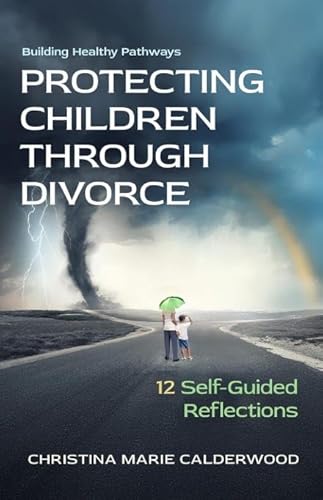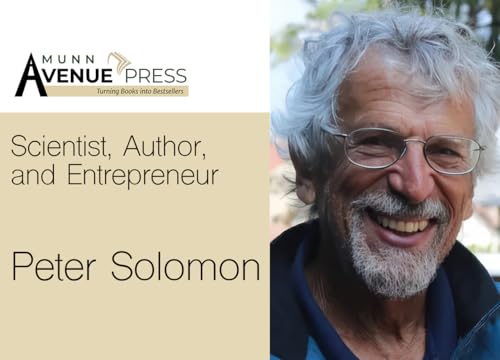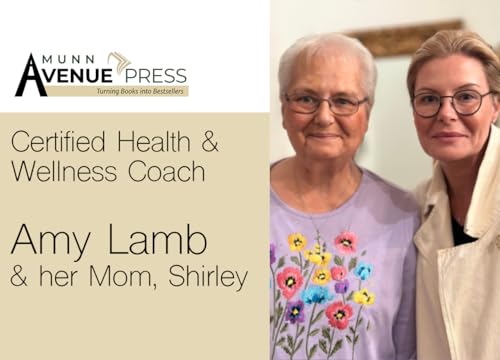Welcome to a special episode of Munn Avenue Muse, featuring Charlie Levin’s conversation with the incredible Kiki Keating, founder of The Kiki Network, a global PR firm, and former Director of Public Relations at Dartmouth's Tuck School of Business. Kiki brings over 15 years of experience building reputations and helping authors achieve their publishing dreams, from her time at Tuck School of Business (1998-2013) to her current work with The Kiki Network.
For independent authors navigating the complex world of publishing, this episode is a treasure trove of actionable insights. Kiki reveals how to take your book from an initial idea to a market-ready success, offering guidance on finding ghostwriters, securing professional editors, and choosing between traditional, agented, or hybrid publishing routes.
Crucially, Kiki emphasizes the power of strategic publicity and media relations. Learn why you need to start building buzz 3 to 4 months before your book launch, lining up interviews and speaking events to ensure maximum impact during release week and beyond. She'll share how to cultivate your social media presence and grow your audience long before your book hits the shelves, a non-negotiable step as modern publishers increasingly look for authors with built-in platforms. As many traditional "big five" publishers no longer invest heavily in marketing unless you're a high-profile author, developing your own platform is more vital than ever.
Discover the inspiring story behind 'Better Angels,' a project Kiki helped bring to life for Congressman Michael McCall and Sadie Keller, demonstrating how books can truly make a difference, reaching beyond bestseller lists into the hands of those who need them most by distributing copies to children's hospitals. The conversation also delves into practical strategies for authors to connect with readers – from engaging email campaigns like "Who wants to be murdered in my next book?" to direct correspondence – and the often-overlooked joy of research that can enrich your writing process.
Whether you're struggling to find time to write, as Kiki herself managed a demanding schedule with young children, looking to decode Amazon's algorithms for better sales, or simply want to elevate your book's visibility, Kiki's wisdom is invaluable. Tune in to arm yourself with the essential PR and marketing strategies every independent author needs for a successful and impactful publishing journey.
If you would like to publish your book or your audiobook (or are just dreaming about it), let the MunnAvenuePress.com team help make your dream a reality.
Happy Writing! Charlie Levin, Publisher & Founder
Want more unfiltered author journeys and publishing wisdom? Subscribe below for weekly insights from the Munn Avenue Muse.
Ask Siri or Alexa to “Play The Munn Avenue Muse podcast!” This post is public so feel free to share it.
This is a public episode. If you would like to discuss this with other subscribers or get access to bonus episodes, visit www.munnavenuemuse.com
 34 mins
34 mins Jan 6 202638 mins
Jan 6 202638 mins 35 mins
35 mins 39 mins
39 mins 38 mins
38 mins Sep 30 202545 mins
Sep 30 202545 mins 34 mins
34 mins Aug 26 202525 mins
Aug 26 202525 mins
